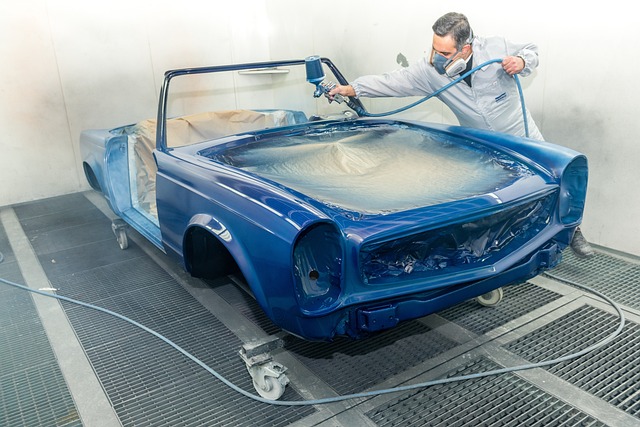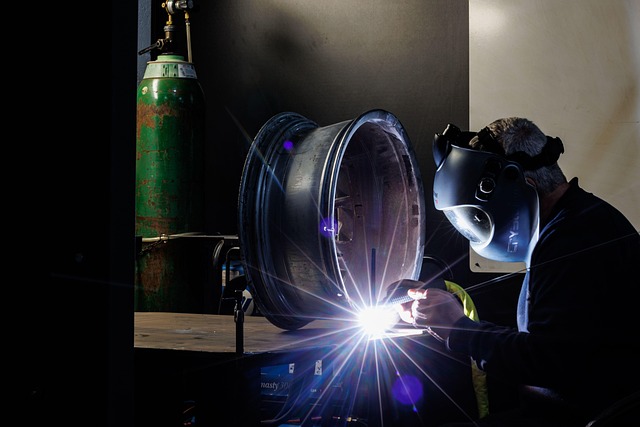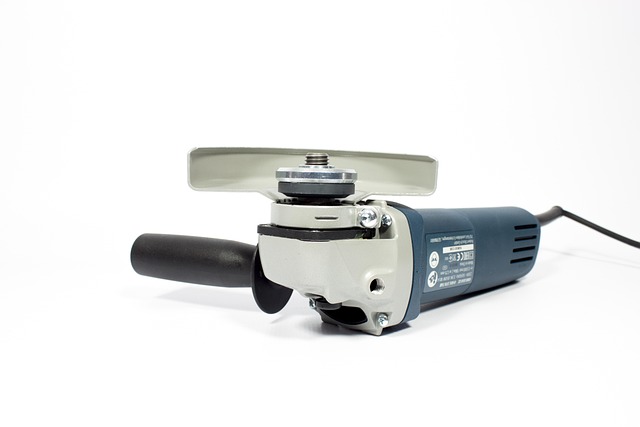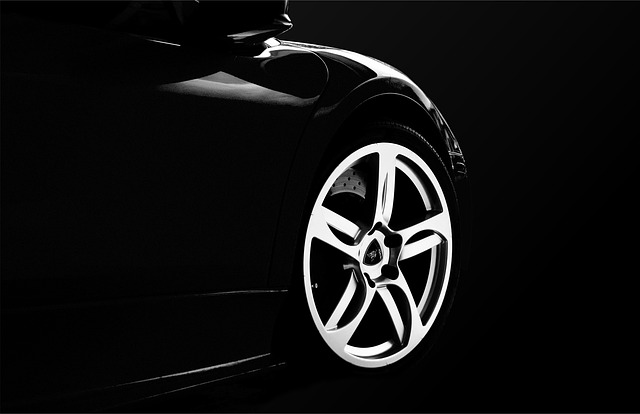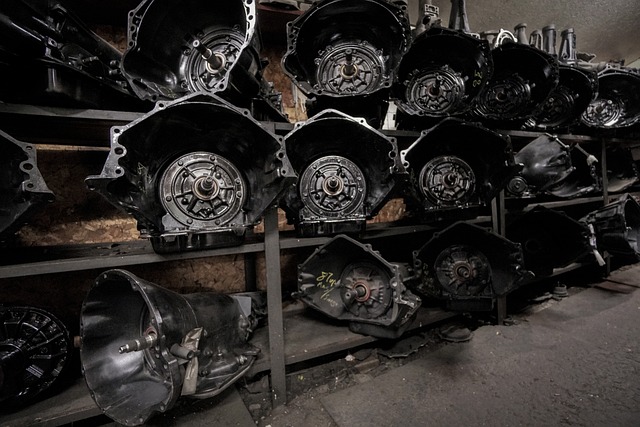Auto glass warranties protect against unexpected cracks or chips caused by road debris, weather, or vandalism, covering repairs or replacements for windshields, side, and rear windows. Coverage varies among providers, with some offering lifetime warranties. Before committing to an extended warranty, carefully consider additional fees, coverage terms, potential exclusions, and compare benefits against vehicle make, model, driving habits, and common repair costs like fender and paint damage to determine if the investment is worthwhile.
Is extending your auto glass warranty protection a smart move? With increasingly advanced glass technologies, it’s crucial to understand what these warranties cover and whether their benefits outweigh the costs. This article guides you through the intricacies of auto glass warranty coverage, explores the pros and cons of extended protection, and equips you with insights to make an informed decision tailored to your needs.
- Understanding Auto Glass Warranty Coverage: What's Included?
- The Pros and Cons of Opting for Extended Warranty Protection
- Making an Informed Decision: Weighing the Benefits Against Costs
Understanding Auto Glass Warranty Coverage: What's Included?

Auto glass warranty coverage is designed to protect against unexpected cracks or chips that can occur due to various reasons, from road debris to vandalism. Understanding what’s included in this coverage is crucial before deciding whether it’s still worth your time and investment.
Typically, auto glass warranty policies cover repairs or replacements for damages to windshields, side windows, and rear windows. This includes scenarios like chips, cracks, or complete shattering caused by impacts from stones, weather conditions, or vehicle collisions. However, the extent of coverage can vary among providers, with some offering lifetime warranties while others may have limitations on time frames and driving conditions. Additionally, these policies often exclude damages arising from extreme weather events or negligence, such as repeatedly hitting the window with a hard object. It’s essential to read the fine print to comprehend the specific protections afforded under your auto glass warranty.
The Pros and Cons of Opting for Extended Warranty Protection

Opting for extended auto glass warranty protection can offer peace of mind and significant cost savings. If your vehicle sustains damage from accidents, rocks, or other debris, an extended warranty can cover repairs or replacements without breaking the bank. This is especially true for high-quality glass that can be expensive to replace. Moreover, it shields you from unexpected repair bills, which can be a financial burden, especially if your regular insurance doesn’t cover all auto glass damages.
However, there are considerations before committing. Extended warranties often come with additional fees on top of your regular car repair services costs, and coverage terms vary widely. Some policies might exclude certain types of damage or have deductibles that need to be paid out of pocket. It’s crucial to read the fine print carefully and weigh whether the potential savings justify the investment based on your vehicle’s make, model, and typical usage – considering repairs for things like fender repair or car paint repair are also common expenses that aren’t always covered by standard warranties.
Making an Informed Decision: Weighing the Benefits Against Costs

When considering an auto glass warranty, it’s crucial to make an informed decision by carefully weighing the benefits against the costs. These warranties often promise peace of mind and coverage for unexpected damages, such as cracks or chips in your vehicle’s windshield or side windows. This can be particularly appealing if you’re someone who values safety and convenience, as it eliminates the hassle and financial burden of unexpected repairs.
However, it’s essential to explore the details of these warranties. Compare the scope of coverage, deductibles, and any exclusions. Some policies might only cover specific types of damage or may require you to pay out-of-pocket expenses for certain services. Additionally, consider your driving habits, vehicle care practices, and the overall condition of your car’s bodywork. For instance, if your vehicle is prone to frequent stone chips due to rough road conditions, a warranty could be beneficial. Yet, if you have a history of minor scratches or nicks that can often be addressed with paintless dent repair techniques for your vehicle paint repair, spending on a comprehensive auto glass warranty might not be the most cost-effective choice in the long run.
When considering an auto glass warranty, weighing the benefits against costs is crucial. While extended protection offers peace of mind and potential savings on future repairs, it’s essential to understand what’s covered and evaluate if the added expense aligns with your budget and driving habits. By thoroughly understanding your auto glass warranty coverage, you can make an informed decision that best suits your needs.



